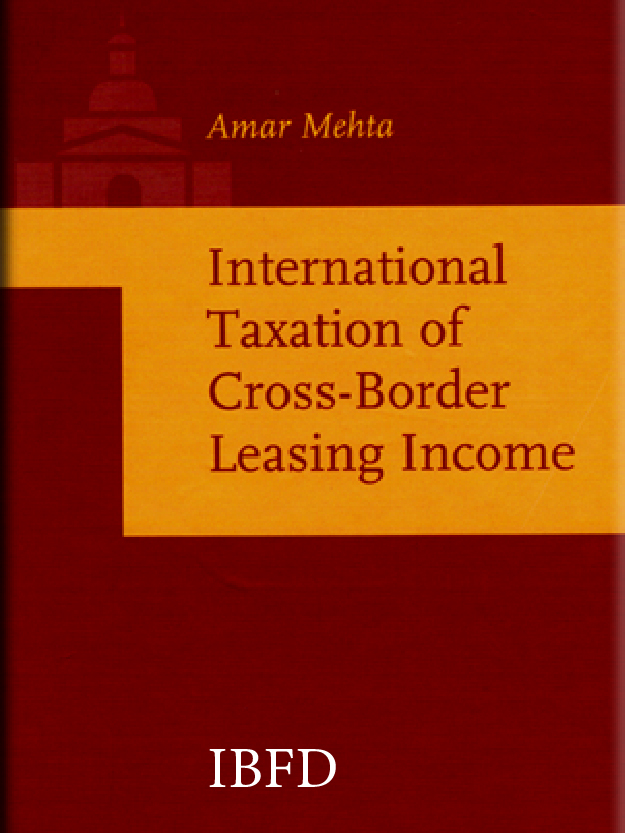
The book covers the practical issues faced by the banks, financial institutions, companies engaging in leasing as a form of asset financing, and their tax advisers. It examines the divergent tax treatment in the five most important leasing jurisdictions (i.e., US, Japan, Germany, UK and Netherlands) in respect of transaction characterization, depreciation, income-recognition and anti-avoidance rules, as well as divergence in the relevant bilateral tax treaty provisions. Furthermore, the book investigates how the parties to a cross-border leasing transaction may obtain tax advantages due to such divergent tax treatments, and whether and to what extent the general or specific anti-avoidance rules in the jurisdictions may neutralize the tax arbitrage opportunities. Finally, it examines how the framework of the EC Treaty may be relevant for cross-border leasing transactions between the EC Member States.
Taxmann's Permanent Establishment in International Taxation
A Comprehensive Commentary on Law relating to Permanent Establishment as defined in Art. 5 of the OECD 2010 Model Convention, the UN 2011 Model Convention and various bilateral tax treaties.
- Fixed place Permanent Establishment [Art. 5(1) of model conventions and various bilateral tax treaties];
- Permanent Establishment illustrations [Art. 5(2)];
- Construction Permanent Establishment [Art. 5(3)] [Art. 5(2) in certain bilateral tax treaties];
- Service Permanent Establishment [Art. 5(3)] [Art. 5(2) in certain bilateral tax treaties];
- Permanent Establishment - Exclusion Provisions [Art. 5(4)];
- Dependent agency Permanent Establishment [Art. 5(5)]; independent agents [Art. 5(6)];
- Permanent Establishment implications in case of subsidiary/group entities [Art. 5(7) of the OECD 2010 Model; and
- Convention, Art. 5(8) of the UN 2011 Model Convention and various bilateral tax treaties].